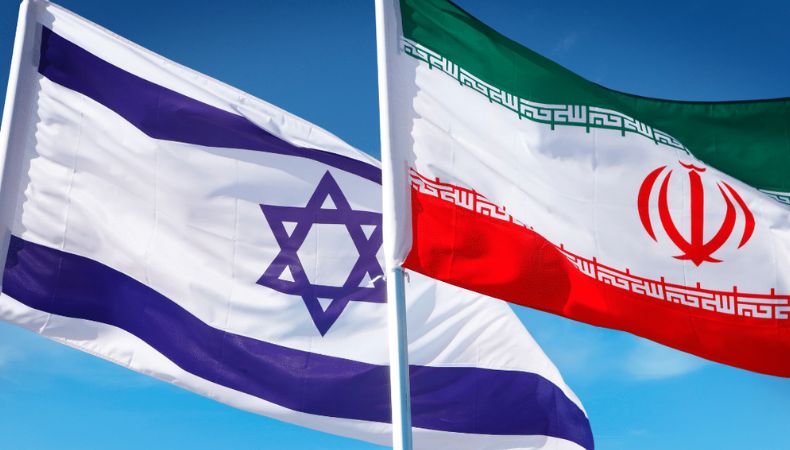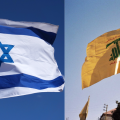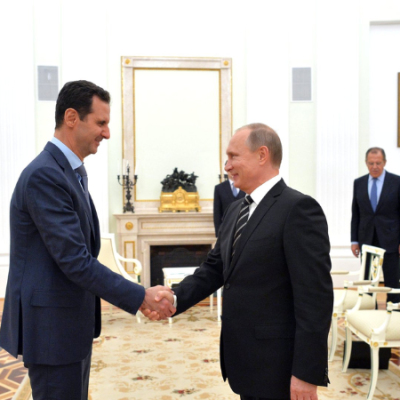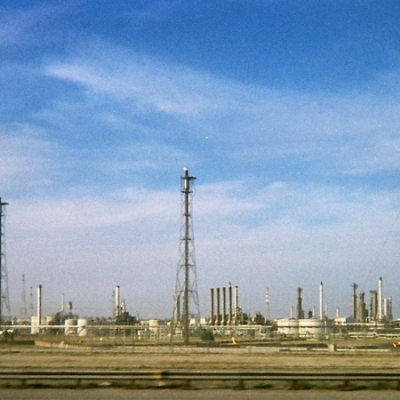Balancing act: Israel-Iran tensions highlight strategic postures and regional risks

The progressing pressures between Israel and Iran have set the stage for a dubious circumstance in the Middle East, provoking concerns around the potential for a broader strife. While the area has long been characterized by geopolitical competitions and discontinuous dangers, the later tit-for-tat exchanges between Israel and Iran have raised alert chimes and increased tensions among territorial partners and the universal community.
At the heart of the matter lies the complex relationship between Israel and Iran, two compelling actors with competing interfaces and unique dreams for the locale. Israel, a staunch U.S. partner and a key player in the Middle East, sees itself as a rampart against Iranian impact and a shield of its national security interface. On the other hand, Iran, a major territorial control with desires of authority, sees Israel as a vital foe and a danger to its geopolitical desire.
Protective Pose of Iran
In the midst of this background, the later acceleration in pressures has underscored the vital calculations and cautious stances received by both Israel and Iran. Iran, confronting mounting weight from universal sanctions and territorial enemies, has looked to ensure its interface and solidify its impact through a combination of military support for intermediary bunches and discretionary maneuvering. The Iranian authority, cognizant of the dangers posed by direct encounters with Israel, has selected for a cautious move pointed at protecting its key resources and dodging a full-scale struggle.
On the other hand, Israel has reacted to the dangers from Iran and its intermediaries with vital striking support and military strikes focusing on key resources and agents. By utilizing exactness strikes and clandestine operations, Israel aims to corrupt the capabilities of Iran-backed bunches whilst minimizing the hazard of broader heightening. The Israeli government, reinforced by solid political support from its partners, counting the United States and the United Kingdom, has illustrated an eagerness to go up against Iranian hostility and guard its national security interface.
ALSO READ: Restricted Gaza access raises global concerns for press freedom
Vital Countering by Israel
One of the central focuses of the Israel-Iran strife is the continuous battle for impact in intermediary battlegrounds over the Middle East, especially in Syria and Lebanon. Iran, through its support for groups like Hezbollah and different volunteer army organizations, looks to set up an organization of partners and intermediaries capable of challenging Israeli dominance in the region. In reaction, Israel has heightened its endeavors to counter Iranian impact and anticipate the entrenchment of antagonistic strengths along its borders.
The recent acceleration in pressures has highlighted the sensitive adjustment of control and the potential for erroneous conclusions in the locale. With numerous on-screen characters working in nearness and seeking after unique motivation, the chance of unintended results and incidental heightening looms huge. Any heightening in threats between Israel and Iran may have far-reaching suggestions, compounding territorial flimsiness and posturing a critical danger to worldwide security.
Keep Reading
Conciliatory Flow and External Support
In light of these challenges, political endeavors to de-escalate pressures and advance discourse between Israel and Iran are more basic than ever. Whereas the prospects for a comprehensive determination to the Israel-Iran struggle stay dubious, concerted universal endeavors to address the fundamental drivers of pressure and advance territorial steadiness are fundamental. Eventually, the destiny of the Middle East pivots on the capacity of territorial powers and the universal community to explore the complexities of the Israel-Iran contention and chart a path towards peace and security.






